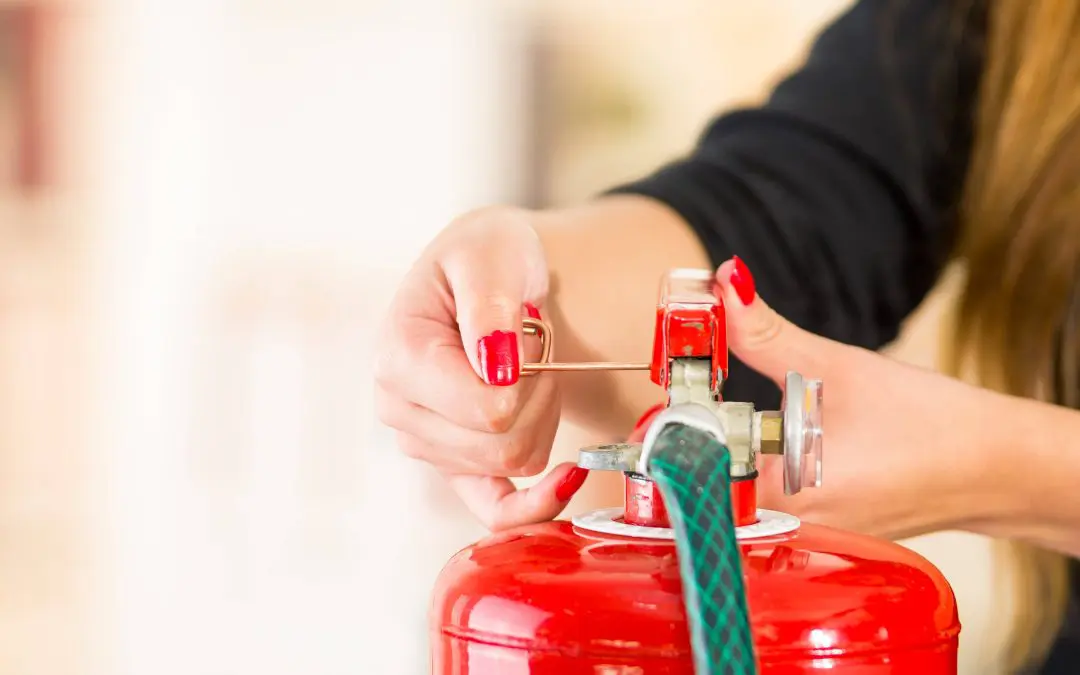Home should be where you feel secure and at ease, but that comfort requires a proactive approach to safety. This guide highlights home safety essentials every household should consider to protect loved ones and property.
Home Safety Essentials for Fire
Preventing fires is one of the most critical aspects of home safety. Start by installing smoke detectors on every level of your home, especially near sleeping areas. Test these devices monthly and replace batteries at least once a year. Carbon monoxide detectors are equally essential; this odorless, colorless gas can be deadly.
An often-overlooked safety tip is to have a fire extinguisher in areas like the kitchen and garage. Knowing how to use it is just as important as having one. Regularly check cords and outlets for signs of wear or overloading, and never leave candles or cooking unattended.
Fall Prevention and Stair Safety
Falls are a leading cause of household injuries. To prevent falls, keep pathways clear of clutter, ensure rugs have non-slip backing, and install grab bars in bathrooms if necessary. Stairways should also be well-lit and have secure handrails on both sides. If you have young children or older adults in the home, consider gates or additional safeguards.
Electrical Home Safety Essentials
Electrical hazards can cause fires or injuries if not addressed. Inspect outlets and wiring for any signs of damage, such as discoloration or buzzing sounds. Avoid overloading circuits and ensure all appliances are in good working order. Ground Fault Circuit Interrupters (GFCIs) are crucial in areas with water exposure, like bathrooms, kitchens, and outdoor spaces, as they reduce the risk of electric shock.
Home Security
Securing your home goes beyond just locking doors and windows. Modern security systems with cameras, motion sensors, and alarms can deter intruders and provide peace of mind. Outdoor lighting, particularly motion-activated lights, is another simple way to increase security. Reinforce doors with deadbolts and consider installing window locks for added protection.
Safe Storage Practices
Proper storage of hazardous items is essential for home safety. Chemicals, cleaning supplies, and medicines should be kept out of reach of children and pets, ideally in locked cabinets. Flammable materials should be stored in cool, well-ventilated spaces away from heat sources.
Emergency Preparedness Home Safety Essentials
Preparation is key to handling emergencies effectively. Create a fire escape plan with multiple exits and practice it with your family. Keep an emergency kit stocked with essentials like flashlights, batteries, first aid supplies, and enough food and water for at least three days. Knowing how to shut off utilities such as gas and water can be critical during a natural disaster.
Maintaining Indoor Air Quality
Good air quality contributes to a safer and healthier home. Change HVAC filters regularly to reduce dust and allergens. A dehumidifier can help in damp areas like basements to prevent mold growth. Ventilate areas prone to moisture, such as bathrooms and kitchens, to maintain a fresh and breathable indoor environment.
Home safety doesn’t happen by accident; it’s the result of thoughtful planning and consistent maintenance. By addressing these essentials, you can create a secure environment for everyone under your roof.
FAQs About Home Safety
What’s the best type of fire extinguisher for a home?
A multi-purpose extinguisher labeled ABC is ideal, as it can handle fires caused by wood, grease, and electrical sources.
Are home security systems worth the investment?
Yes, they can deter burglars and alert you to potential intrusions or other emergencies, such as fires or gas leaks.
How do I know if my wiring needs attention?
Signs like flickering lights, buzzing sounds, or warm outlets indicate electrical issues that should be inspected by a licensed electrician.
What should be included in a home emergency kit?
Your kit should have flashlights, batteries, a first aid kit, non-perishable food, bottled water, blankets, and any necessary medications.
Second Opinion Home Inspections offers inspection services to customers in Door and Kewaunee counties. Contact us to request an appointment.

